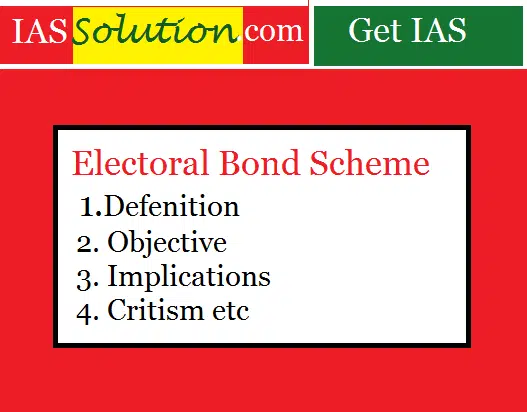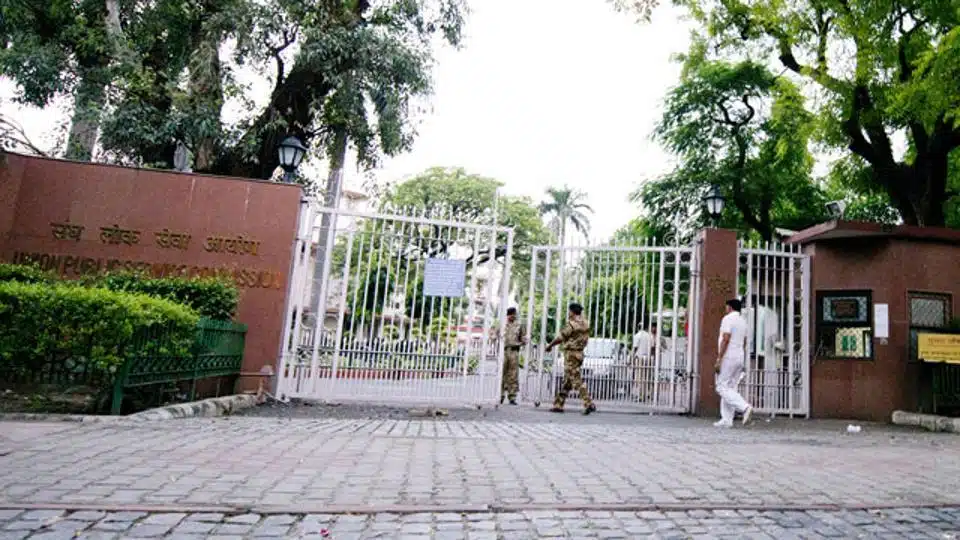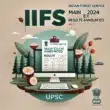Everything you want to know about Electoral Bonds Scheme(EBS).

- The bonds, which will resemble a promissory note and not an interest-paying debt instrument, will be sold by authorized banks and can be deposited in authorized accounts of political organization within the duration of their validity.
- So, every political party recognized by the Election Commission will have to notify one account in advance to the EC and bonds can be encased and redeemed in that one account only.
- To ensure secrecy of the electoral bond buyers, the government will amend the Representation of the People Act, 1951 and soon notify the banks that will be eligible for issuing such bonds, besides coming out with guidelines for the same by March.
- Allocation of electoral bonds would make certain that only legitimate, tax paid, accounted money comes into the political system.
Objective of Electoral Bonds Scheme
The introduction of electoral bonds specifically aims at killing the black money that funds political parties in India. Most political parties use the sloppy regime on donations to accept cash donations from anonymous sources.
- Nearly 70% of the Rs.11,300 crore in party funding over an 11-year duration came from unfamiliar sources, as per the opinion of Association for Democratic Reforms.
- Currently, political parties are required to report any donation of over Rs.20,000 to the IT Department. But there is the practice of more endowments are coming by way of hard cash in smaller amounts.
- To fix this, the Budget has reduced the disclosure limit to Rs.2, 000 and insists that any amount over this must be paid through cheque or the digital mode. The concept is that electoral bonds will carry out donors to take the banking route to donate, with their identity captured by the issuing authority.
- Under Section 31 of the RBI Act of 1934, the bearer instruments can be issued only by the Central Government or the RBI. The change in the RBI Act will empower the designated authorized banks also to issue the bearer instruments. The government will decide which banks to authorize and other modalities after discussion with RBI.
Improved Transparency
Contrary to the perception that the curbs on political funding proposed by the Finance Minister in the Union Budget would improve transparency, political organizations funding is likely to become largely vivid in the coming years.
- Section 29C of the RP Act-1951 for which BJP led NDA regime claims credit during the Vajpayee era needs all recognized National and State level political parties to make annual declarations of contributions received from companies, institutions and individuals in excess of Rs.20,000.
- The EC publicizes the contribution reports of recognized National and State level political parties on its website as and when it receives them.
The Finance Bill 2017 has proposed that the contributions accepted through the “electoral bond” need to be excluded from the preview of sub-section (3) of section 29C of the said Act.
- The Income Tax Act is also sought to be amended to exclude donations received by these political organizations via electoral bonds reported to the IT Department each year in order for them to continue to avail the exemption from submitting income tax.
- In other words, political parties will not be required to disclose the identity of individuals and organizations who make donations through electoral bonds bought from the commercial banks.
- Thus, if approved by Parliament, the combined effect of the amendments to the IT Act and the RP Act is likely to be as follows:
Implications
(1) Many political parties are likely to strive to accept cash endowments below Rs. 2,000 only, these will not be required to be reported to the Income Tax Department and or to the EC India.
(2) As donations received through electoral bonds are exempt from being included in the annual reports of political parties to the IT Department or the Election Commission of India, these amounts will also not be reported.
(3) Only such contributions received about Rs. 20,000 through cheques or digital mode of payment will be required to be reported to the IT Department and the Election Commission of India.
In the year 1987, t then regime launched a bond called Indira Vikas Patra, which issued through Post offices. Since this had the essence of a bearer bond, it conferred secrecy to the holders of this bond. However, it was finally not continued after it was doubted that these bonds were used as a conduit for laundering black money.
Also read: Analysis of how Aadhaar helps the poor become cashless..
Criticisms of Electoral Bonds Scheme
- The process through which these changes are proposed is being criticized as the Finance Bill is a Money Bill (as defined under Art 109 of the Constitution). Rajya Sabha has no power to vote or make any amendments in Money Bills.
- The definition of “Money Bill” as provided in Article 110 of the Constitution is that it can not include matters other than those relating to the imposition of taxes or matters related to the Consolidated Fund of India and state.
- The amendments proposed to the RBI Act, the IT Act, and the RP Act clearly do not fall within these criteria. So the Government is trying to bulldoze amendments to other laws through legislation labeled “money bill” to prevent any actionable dissent in the Rajya Sabha.
- A similar procedure was followed in 2016 when the Foreign Contribution Act was overridden to allow political parties to receive offers from Indian subsidiaries of multinational companies.
- Further, the limit on accepting cash contribution has been reduced from Rs.20,000 to Rs.2,000 in the current budget proposal. Considering the government expects common man, even those who are unbanked, to shift to the digital economy, the government could have proposed a complete ban on any cash contribution to political parties and could have chosen to enforce payments through digital mode only.
- The argument that not everyone has access to digital modes, in this case, doesn’t hold water. People with no digital access viz., the lower strata of society do not generally contribute to political parties either – so a complete ban on cash contributions to parties should definitely have been the norm.
How can donations be made through Electoral bonds?
- Electoral bonds will only be issued by a notified bank for specified denominations. If someone wants to donate to a political party, they can buy these bonds only by making payments digitally or through cheque.
- Then the bond can be given to any registered political party. The bonds will be bearer bonds and the identity of the donor will not be known to the receiver.
- The party can convert these bonds back into money via their bank accounts. The bank account must be the one notified to the EC and the bonds may have to be redeemed within a prescribed time period.
- The electoral bond is more like a bail-bond than a Government or corporate bond. They are essentially like bearer cheques.
Effectiveness of the Electoral Bonds:
- The capping of cash donation at Rs.2,000 can be exploited by political parties just like when the limit was Rs.20,000. The loophole allows political parties to show multiple receipts of Rs 1,999 or less.
- After demonetization, reports suggested that a vast number of Jan Dhan accounts were used to convert black money into white- with or without the knowledge of account holders.
Also read: How to Prepare Indian Economy for IAS Exam?
Other measures to bring transparency into the electoral system?
- Cash contributions to political parties should be completely scrapped. This will not only curb the misuse of the Rs.2,000 cash limit but also will give a push towards digital India.
- Former Chief Election Commissioner, TS Krishnamurthy suggested that the EC should consider setting up of a national election fund to check the use of illegal money, instead of introducing bonds. All corporate who donate to this fund could get a 100% tax waiver. A similar suggestion of state funding of elections to ensure a level playing field was made by the Indrajit Gupta Committee in 1998.
- Bringing all the political parties under the Right to Information Act as public authorities. Successive governments are dead against bringing their political parties within the ambit of RTI. which would truly bring transparency to the election funding process.
- Transparency in political financing will happen when the political establishment realizes. The only way to get out of the shackles of big and black money is to become open to scrutiny.
Reference Sources:
- http://www.thehindubusinessline.com/opinion/columns/explaining-electoral-bonds-in-india/article9524904.ece
- https://thewire.in/105450/political-funding-reforms-budget-2017-will-likely-lead-greater-opacity/
- http://www.livemint.com/Industry/r8DNSqB9GJ4BWVJh3WFR4N/Union-Budget-2017s-electoral-bond-proposal-raises-thorny-qu.html
- https://scroll.in/article/828281/will-the-rs-2000-cap-on-cash-donations-for-political-parties-bring-more-transparency-in-the-system
- http://www.thehindu.com/news/national/tamil-nadu/former-cec-calls-for-statefunded-polls/article8403735.ece
The article is prepared by Aishwarya Chinnu









Leave a Reply